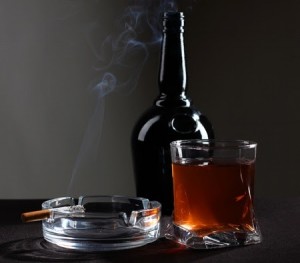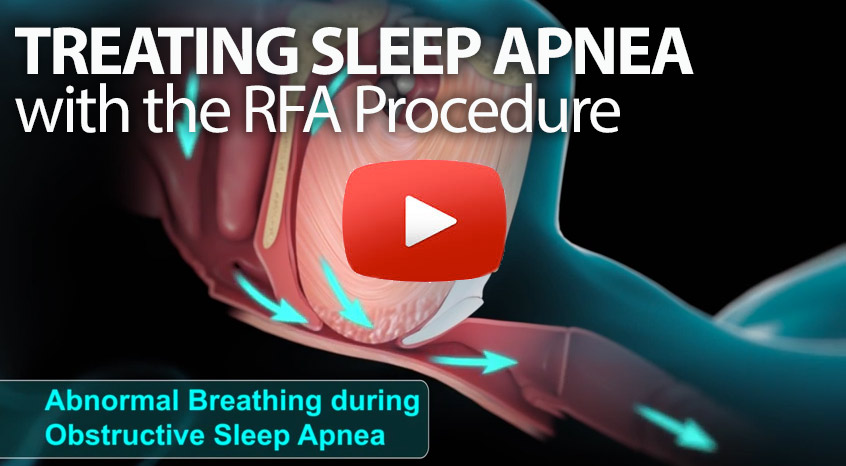Studies show that over 60% of Americans get less than the required amount of sleep each night. 30% of Americans report struggling with insomnia. And the impact to America society each year from lack of sleep is significant. If you are one of these statistics you are not alone. People facing sleep issues often want to find a quick fix.
Many people think that having a few drinks before bed will help them sleep at night. It may be surprising to learn that studies do not support this assumption. Let’s examine the details of the impact of alcohol on sleep.
Fall Asleep Faster
The reason people believe that drinking leads to better sleep is because alcohol does cause people to fall asleep faster. That part is truth. Alcohol induces sleep. The issue is with the overall quality of sleep a person gets throughout the night. Falling asleep faster does not mean a better night sleep.
Sleep Stages Interrupted
When you sleep at night you go through different sleep stages. About 90 minutes after you fall asleep you enter rapid eye movement sleep (also called REM). Alcohol intake before bed causes disruptions to REM sleep. This portion of the sleep is especially important because it is believed to the restorative part. People dream during REM. When REM is interrupted people feel tired during the day and complain of having difficulty concentrating. Those that drink before falling asleep are more likely to sleepwalk and sleep talk as well. Many complain about nightmares and night sweats as well.
Sleep Apnea
Even worse than interrupting sleep stages, alcohol is known to suppress breathing. This can cause snoring and even sleep apnea. The reason this occurs is because alcohol is a muscle relaxant impacting the throat. The issues are most commonly observed early in the event while the alcohol level is still high.
Alcohol Dependence
Unfortunately some people feel they need alcohol to fall asleep. Those with insomnia sometimes turn to alcohol to try to help themselves fall asleep. Although it seems to work they don’t realize the sleep they are getting is not as high quality as sleep without alcohol. Eventually they become dependent on alcohol and require more and more to get the desired effect. Therefore use of alcohol as a sleep aid is not recommended.
If you are one of the many Americans that struggle to get the right amount of sleep you can take steps to improve your situation. Do not attempt to rely on alcohol for a better night’s sleep. It may help you fall asleep initially but will cause disrupted sleep and possible alcohol dependence.
If you or someone you know is in need of a better night’s sleep, contact us for a no obligation consultation. We are the sleep specialists at Chevy Chase ENT located in the Virginia, Maryland, and Washington D.C. metro area dealing with sleep apnea and sleep-related problems. We can help diagnose your condition, recommend whether a sleep study would be beneficial, and offer you a variety of treatment options including CPAP, Radio Frequency Ablation (RFA) and more.

